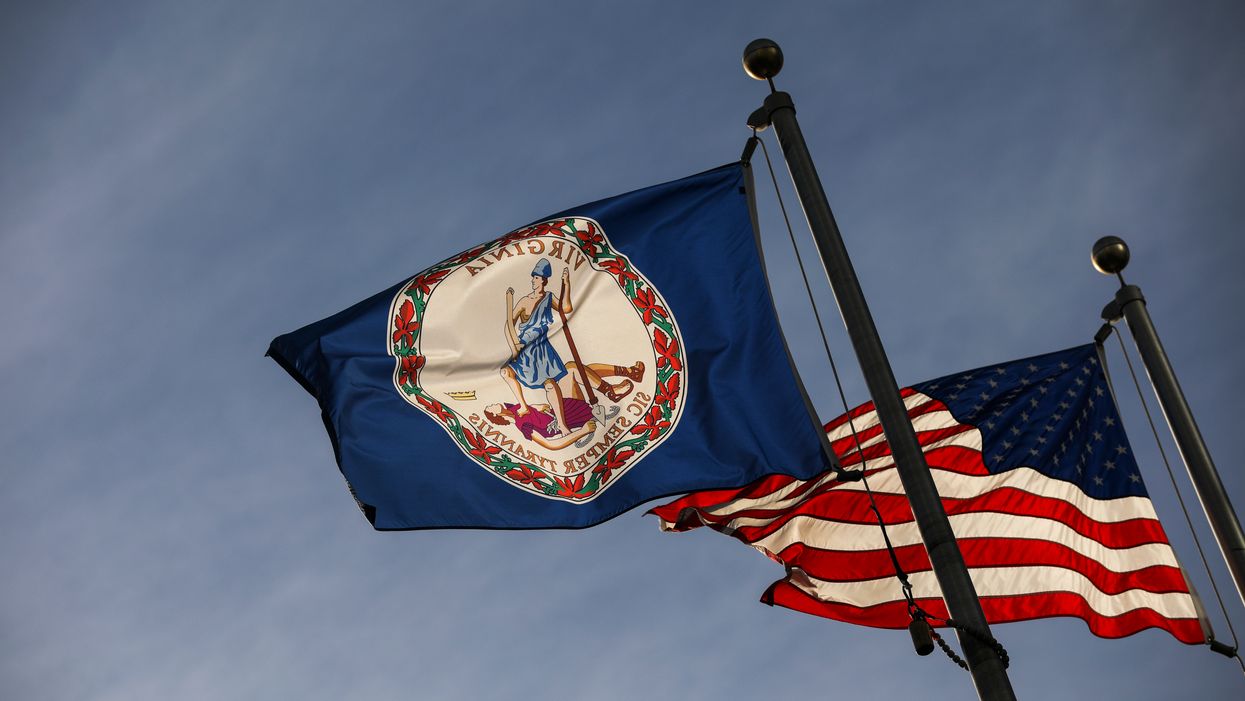After a year of anticipation and consternation, Virginians now appear almost certain to be asked to vote this fall on turning legislative mapmaking over to more outsiders instead of the partisans whose political fortunes depend on the lines.
The state House is on course to vote before its scheduled adjournment Saturday on a proposal to turn redistricting over to an independent commission next year, when the lines for the General Assembly and 11 congressional districts will be repositioned for a decade in light of this year's census.
Passage would put the proposed amendment to the state Constitution on the November ballot, where it would be favored to pass — the biggest potential victory this year for those who say partisan gerrymandering is one of American democracy's biggest problems.
The key vote came Monday night, when after several delays the measure got through a committee with the votes of nine Republicans and four Democrats. Eight Democrats voted no.
The tally highlighted the unusual political dynamics in the debate.
Last year, the proposed amendment sailed through a divided legislature — the first of the two times in a row it must pass in order to get on the statewide ballot. A promise to finish redistricting reform then became a major theme for the Democrats as they campaigned successfully to turn the seats of power in Richmond all blue for the first time in a quarter-century.
But some Democrats arrived for this year's session with different plans in mind, especially since they now have the muscle to draw the next maps entirely to their liking. A crucial bloc of African-American and other legislators said they'd developed fresh worries that not enough protections were in place against racial discrimination in redistricting.
To replace the current process, in which the General Assembly passes and the governor approves new maps, the constitutional amendment would establish a 16-member bipartisan commission with equal numbers of lawmakers and other citizens — but would not give them any instructions for how to go about their work.
Democratic Gov. Ralph Northam has promised to sign legislation on his desk that would flesh out the process, including language telling the panel to make sure to protect the power of minority voters and keep communities of interest together.
That is not enough for the Democratic opponents of the new commission, who say they fear their constituents could be too easily shortchanged in the process — and who are fully aware, too, that an independent panel's maps might not keep as many districts as deeply blue and brightly red as they are now.
They also worry that, under the constitutional amendment, a Virginia Supreme Court that now has a reliably conservative majority could have the final say on the maps for the 2020s. Those judges would impose the lines, however, only if the General Assembly exercised its prerogative under the constitutional amendment to flatly reject the commission's cartography.
A coalition of 11 nonpartisan good-governance groups sent a letter to Virginia House members over the weekend, urging them to pass the constitutional amendment. "While the amendment is not perfect, it is a major step forward," they wrote.




















